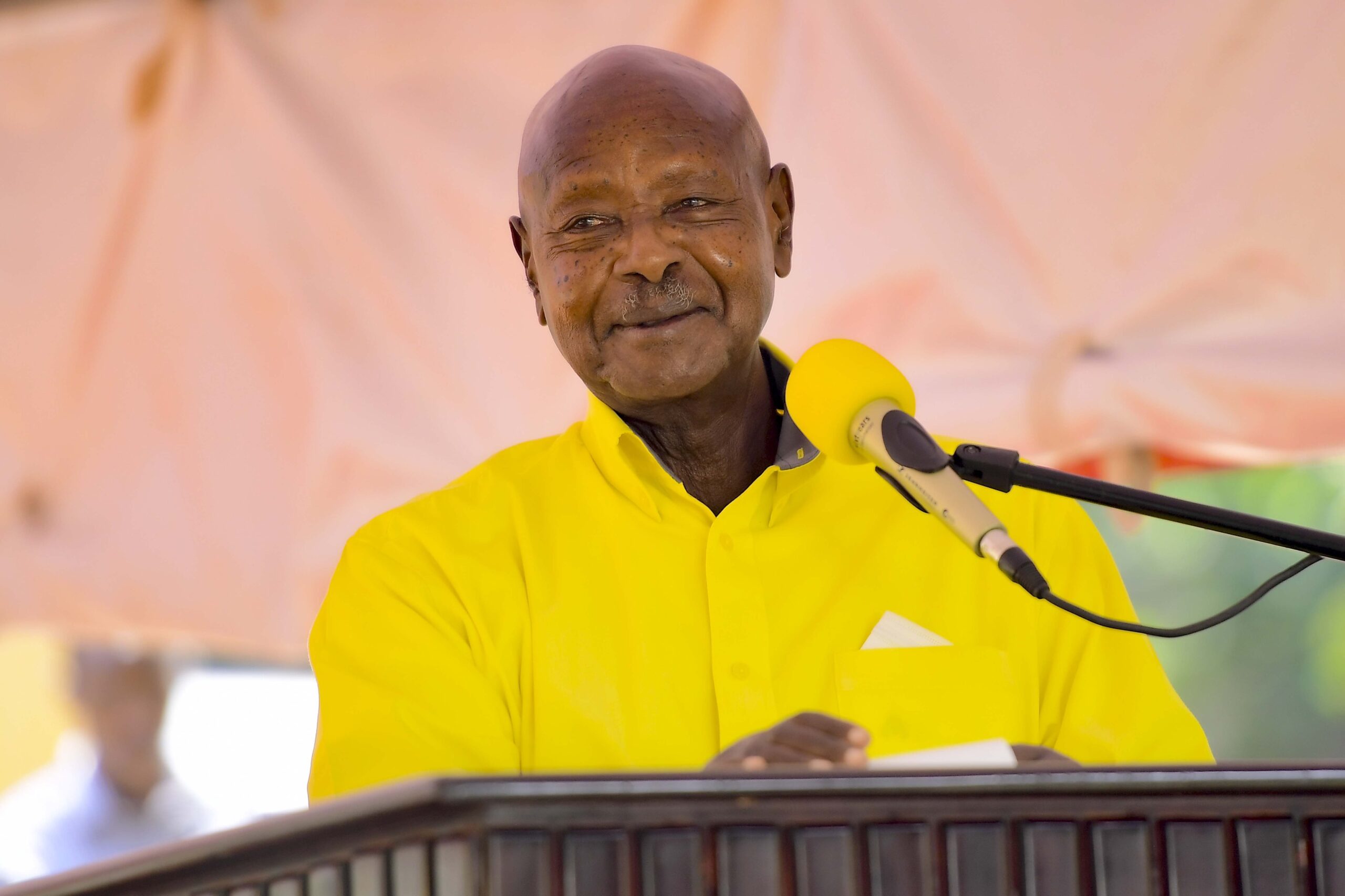Museveni speaks out on Balaalo conflict

Kampala, Uganda | Lucid News Africa — President Yoweri Kaguta Museveni has publicly addressed the ongoing tensions surrounding the presence and conduct of Balaalo cattle keepers in Northern, North Western, and Eastern Uganda.
In a statement posted on his official X account (formerly Twitter), the President condemned unlawful grazing practices, encroachment on community land, and abuse of local justice mechanisms, while also cautioning against tribal intolerance.
“The mistakes by the Balaalo in those areas are the following: kwonesa, that is letting livestock destroy other people’s crops, fencing off public land, moving without water sources, and, in some cases, defying local justice systems,” the President wrote on X.
Kwonesa, Land Disputes, and Fencing Failures
At the center of the President’s message is the issue of “kwonesa”, a Runyankore term describing livestock destroying other people’s crops.
Museveni attributed the problem to the lack of proper fencing, especially barbed wire or chain links, and the introduction of cattle into dry areas without sustainable water sources.
This, he argued, has forced herders to let cattle roam into people’s gardens during dry spells, sparking community anger.
“Is that part of patriotism? Is that part of the freedom of movement of Ugandans within Uganda?” he asked rhetorically, calling for a balance between constitutional freedoms and responsibility.
Cattle permits under scrutiny
President Museveni questioned the legality and process behind cattle movement permits known locally as ebaruha y’okufuruka.
He emphasized that both the origin and destination of such movements must be free from disease, overcrowding, and potential conflict.
“If the permits were legally given, why was the scarcity of water, lack of fencing, and kwonesa not checked?” he asked.
Executive orders target abuse, not tribe
Responding to criticism from journalist Andrew Mwenda, who accused the government of tribal targeting, Museveni clarified that his Executive Orders are not against any ethnic group, but instead focus on illegal and irrational actors.
“Our great freedom fighter Andrew Mwenda should not misdirect his efforts about my Executive Orders. They are not condoning tribal chauvinism,” he wrote.
To illustrate, he cited Adyeeri, a Munyoro woman farming fruit in Nwoya, who he says is well-regarded by the local community, a testament to lawful integration.
Abuse of power and disrupted local justice
Museveni expressed concern about allegations that some Balaalo use their connections in the army to intimidate local leaders and evade traditional justice systems.
He pointed out that in some Northern areas, offending livestock is tied until the owner pays a fine, a local mechanism that fails when armed relatives intervene.
“That is why they need the Executive Order of the President,” he said, noting that such interventions are meant to restore balance and fairness.
The President’s statement, posted on @KagutaMuseveni, comes amid increased scrutiny over livestock movements, land access, and tribal cohesion. It’s expected to guide law enforcement, local authorities, and agricultural regulators on how to manage migration, resolve disputes, and promote peaceful coexistence.




